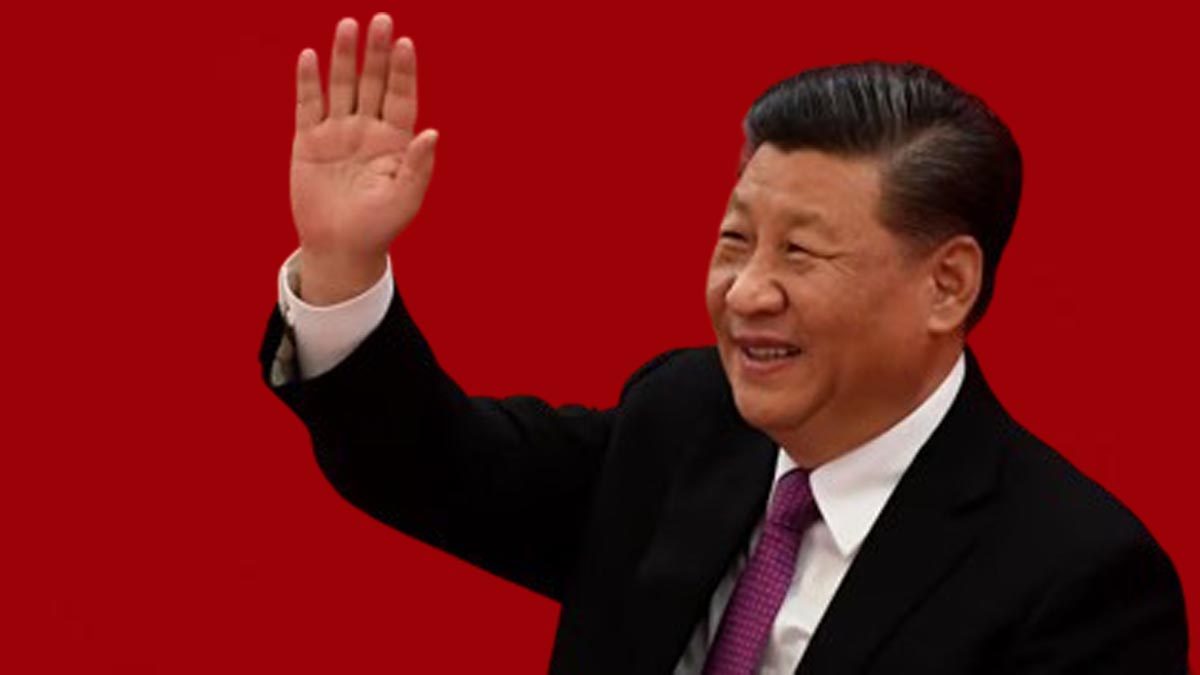China’s President Xi Jinping, fresh from what French officials described as “frank” discussions with President Emmanuel Macron on topics including Russia’s war in Ukraine, trade disputes, and human rights, is now redirecting his diplomatic focus towards Serbia and Hungary—two nations known for their warm ties with Beijing and Moscow. This shift in itinerary underscores a strategic retreat to friendlier territories amidst a broader cooling of relations with major European powers.
During his talks in France, Xi faced pressing concerns from Macron, reflecting wider European unease over China’s stance on various global issues. However, as he moves eastward to engage with Serbian President Aleksandar Vučić and Hungarian Prime Minister Viktor Orbán, Xi will find a more welcoming environment. Both Serbia and Hungary have deepened their relationships with China, embracing billions in Chinese investments ranging from infrastructure projects like the Belgrade-Budapest railway to high-tech ventures including electric vehicle production.
Xi’s visit coincides with the 25th anniversary of the NATO bombing of the Chinese Embassy in Belgrade, an event that still resonates deeply with both Serbian and Chinese nationalism. His homage to the victims killed during this tragic incident will also serve as a moment to underscore China’s narrative of Western aggression.
Despite this symbolic gesture, the core of Xi’s visit highlights the strategic limitations Beijing faces in Europe. While Serbia and Hungary have aligned more closely with China, these relationships occur against a backdrop of increasing skepticism among other European nations concerning China’s global ambitions and its close relationship with Russia, especially in the aftermath of the Ukraine conflict.
Francesco Sisci, a noted Italian sinologist, suggests that Xi’s choice of destinations in Europe speaks volumes about the current state of China-EU relations. “It’s interesting that … China didn’t manage to secure more significant countries for Xi’s visit to Europe. It seems that China is having greater difficulties in its ties with European countries, and it has good ties with two governments who have also good ties with Moscow. That is — Europe is moving faster away from China as it sees it too close to Moscow,” Sisci explained.
This sentiment is echoed in the actions and statements from both Serbia and Hungary, which, despite EU sanctions, maintain robust relations with Moscow. Hungary, in particular, continues to rely heavily on Russian energy supplies, diverging sharply from broader EU energy



Comments